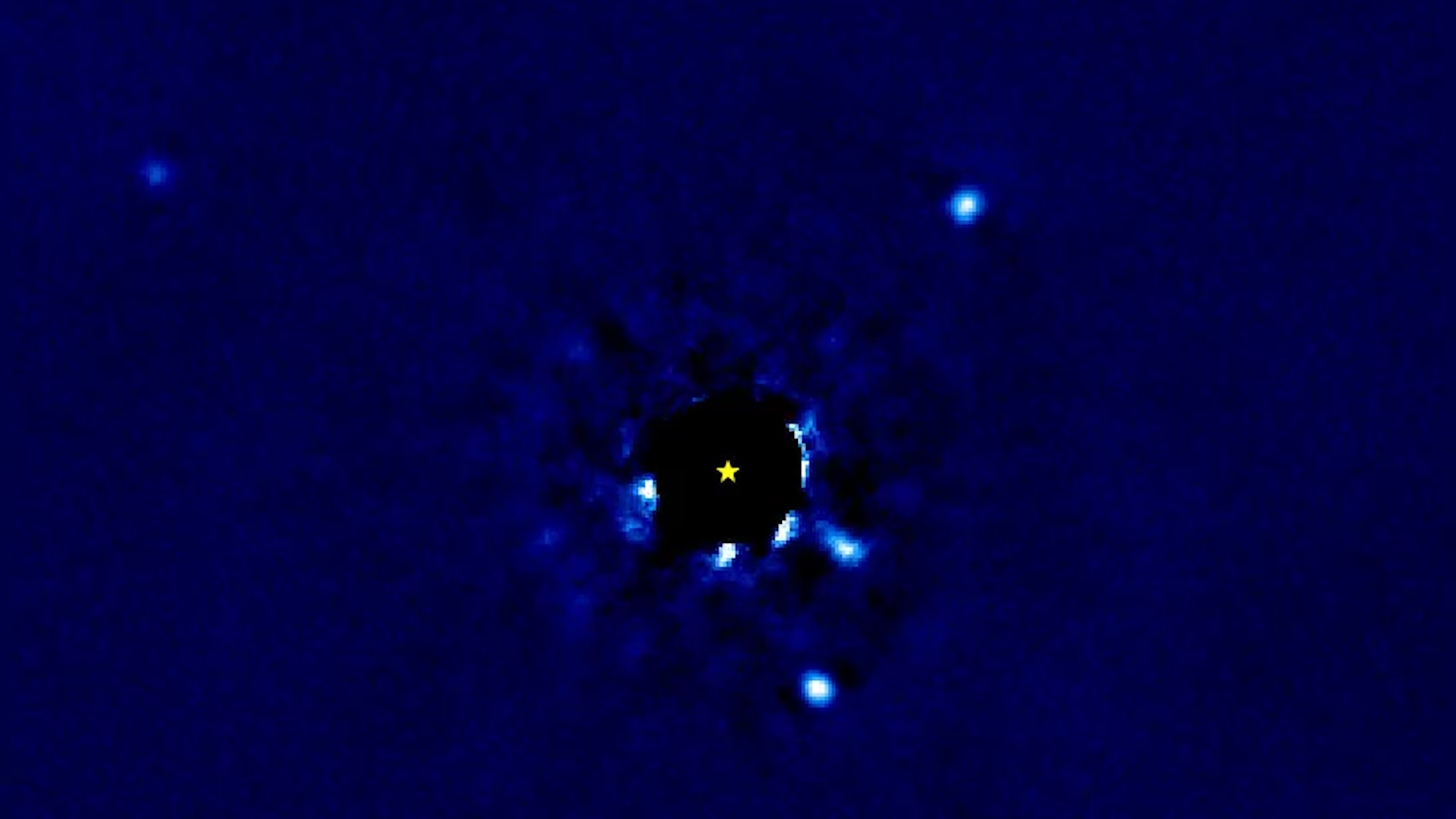Do you like electricity, computers, TV, radio, smartphones, and GPS? How about your health and your extraordinary life span? Thank basic research.
Rather than attempting to demarcate the nebulous and artificial distinction between “useful” and “useless” knowledge, we may follow the example of the British chemist and Nobel laureate George Porter, who spoke instead of applied and “not-yet-applied” research.
Supporting applied and not-yet-applied research is not just smart but a social imperative. In order to enable and encourage the full cycle of scientific innovation, which feeds into society in numerous important ways, it is more productive to think of developing a solid portfolio of research in much the same way as we approach well-managed financial resources. Such a balanced portfolio would contain predictable and stable short-term investments, as well as long-term bets that are intrinsically more risky but can potentially earn off-the-scale rewards. A healthy and balanced ecosystem would support the full spectrum of scholarship, nourishing a complex web of interdependencies and feedback loops.
A broad-ranging dialogue between science and society is not only necessary for laying the foundation for future financial support. It is crucial for attracting young minds to join the research effort. Well-informed, science-literate citizens are better able to make responsible choices when confronted with difficult problems like climate change, nuclear power, vaccinations, and genetically modified foods. Similarly, scientists need the dialogue with society to act responsibly in developing potentially harmful technologies. And there is an even higher goal for the public engagement of science: Society fundamentally benefits from embracing the scientific culture of accuracy, truth seeking, critical questioning, healthy skepticism, respect for facts and uncertainties, and wonder at the richness of nature and the human spirit.
Source: We Need More ‘Useless’ Knowledge – The Chronicle of Higher Education
More: “The Usefulness of Useless Knowledge” in Harpers, issue 179, June/November 1939, by Abraham Flexner (1866-1959)
